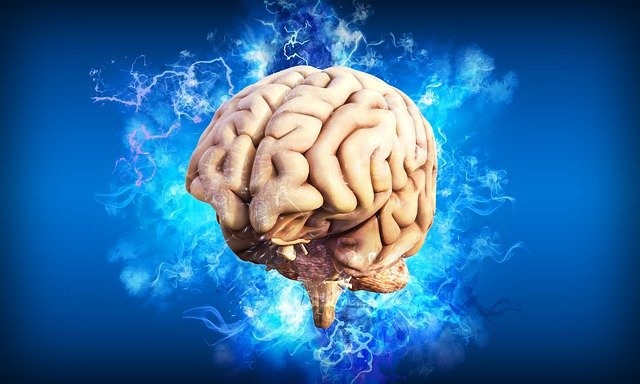
Instead of shrinking skuls, heads are starting to fit in larger brains as opposed to getting smaller. Humans are proud to have a brain bigger and smarter as a thinking and intelligent species compared to other animals. For Homo-Sapiens small brains only end up as the butt of jokes.
Brain Is Shrinking
The popular idea is that brains are shrinking and getting less in mass, which is unacceptable. The notion, put up repeatedly by a close-knit group of paleontologists, has received little attention from professionals for over four decades, noted Discover Magazine.
The idea of brain shrinkage is being questioned and put through its paces by a team from the University of Nevada, Las Vegas, who claim that it cannot be verified, noted UNLV.
Last year in a debate where a paper authored by paleoanthropologist Jeremy DeSilva and his colleagues had a bombshell.
The idea that the human brain had shrunk in volume by about four ping-pong balls was popularized by comparing human fossils to evolutionary patterns in ant colonies. It is alleged that it all happened in only 3,000 years, which is short.
Researchers also claimed that the human brain had started shrinking after the last Ice Age, about 11,700 years ago, in contrast to other views that have lately been put forth, reported Science Alert.
The shrinkage of the brain was correlated with the development of sophisticated human societies, according to DeSilva's paper which is actually a bigger brain.
Read Also : Cave Sealed Off for 5 Million Years Contains 33 Blind Creatures, Surviving Without Oxygen
It was therefore hypothesized that a smaller brain evolved due to the ability to preserve information in writing or share it among members of society. The brain did not become less intelligent through adaptation but became more effective.
Reassessing Data on Brain Capacity
The intriguing notion gained notoriety worldwide, but not everybody accepted it. And the UNLV team now claims to have demolished the entire notion.
Brian Villmoare, an anthropologist at UNLV, said that after reassessing the data from DeSilva et al., they determined that the human brain's capacity has not changed in 30,000 years and is most likely not in 300,000 years. Based on the data set, modern humans' brain sizes have not significantly decreased over any given time for the species.
The conclusions are based on a fresh examination of ancient skulls conducted by the researchers that significantly departs from the DeSilva publication. Only 23 of the 987 skulls the researchers examined came from the period critical to their brain shrinkage theory.
The new study's findings are less conclusive, preventing mistakes when drawing conclusions. The majority of the study's focus is from 300,000 years ago. This is due to UNLV academics' skepticism regarding the relevance of an alleged 3,000-year-old occurrence to the almost 10 million years of early human history.
On the newly refined dataset, researchers applied DeSilva's similar techniques and discovered no evidence of a major shift in the size of the human skull at or near 3,000 years ago.
Instead of getting smaller, the study says that larger brains evolving is more probable based on the evidence gathered from scientists, according to Frontiers.
Related Article: Researchers Plan Underwater Expedition To Look for Interstellar Object That Struck Earth
© 2025 HNGN, All rights reserved. Do not reproduce without permission.








